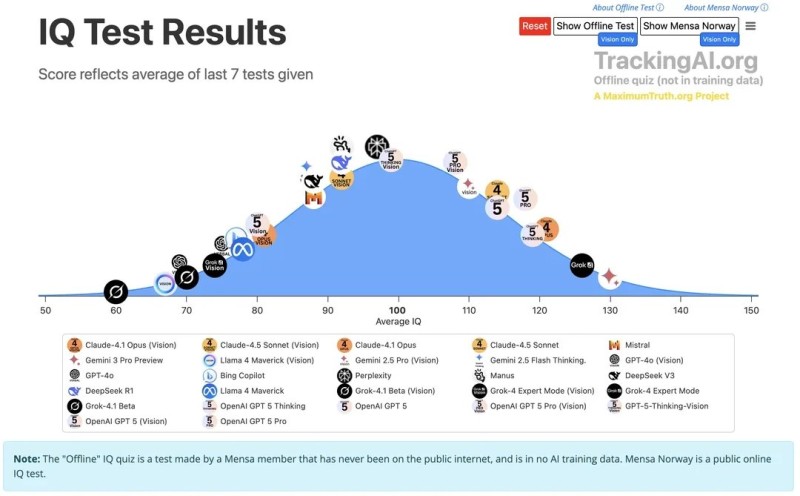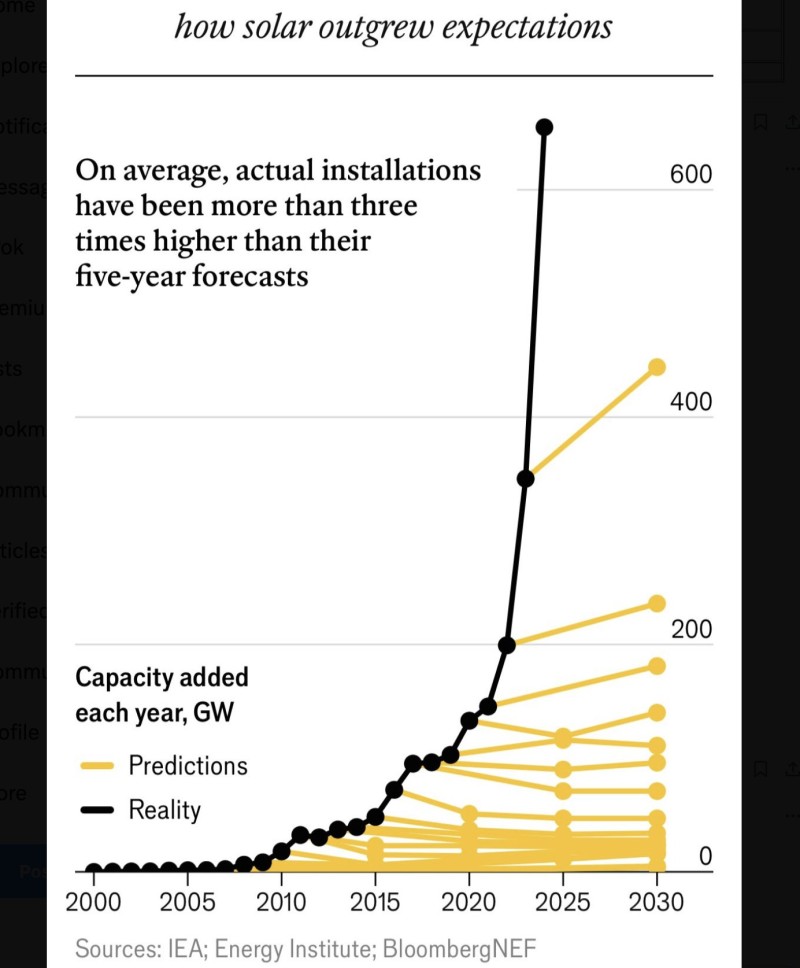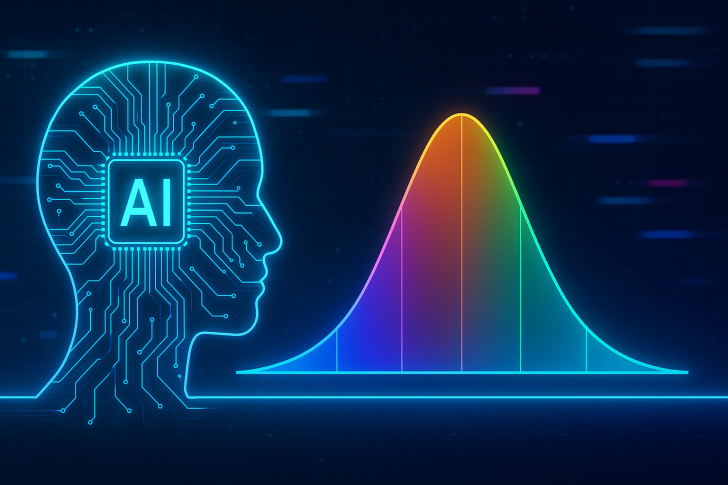⬤ Here's the thing: artificial intelligence just hit a milestone that nobody saw coming this fast. A new offline IQ evaluation shows an AI system reaching Mensa-level capability for the first time. Just two years ago, the top-performing model scored 92 on the same test—below average for humans. Now? These systems are outperforming 98% of people on offline assessments that use data never seen on the public internet.

⬤ The rapid improvement is catching a lot of people off guard, especially those who focus on individual mistakes AI systems still make. But here's what the data shows: a wide range of models including multimodal, reasoning-focused, and vision-enabled systems are all clustering along an accelerating upward curve. It's the same pattern we saw with solar energy, where actual installations ended up averaging more than 3x above industry forecasts, according to data from the IEA, Energy Institute, and BloombergNEF.

⬤ This gap between expectation and reality comes down to what some are calling "Exponential Slope Blindness"—the inability to recognize compounding progress until it's already overwhelming. Waiting for AI to be completely mistake-free misses the point entirely. Systems have always made errors, yet their performance keeps skyrocketing. With offline tests now showing Mensa-level results, the capability curve may be steepening faster than most people realize.
⬤ The implications for markets are significant. Rising performance benchmarks and accelerating test scores are already shifting expectations around productivity, automation, and long-term planning across industries. The question isn't whether AI will reshape economic structures anymore—it's how quickly that transformation will happen.
 Sergey Diakov
Sergey Diakov

 Sergey Diakov
Sergey Diakov


